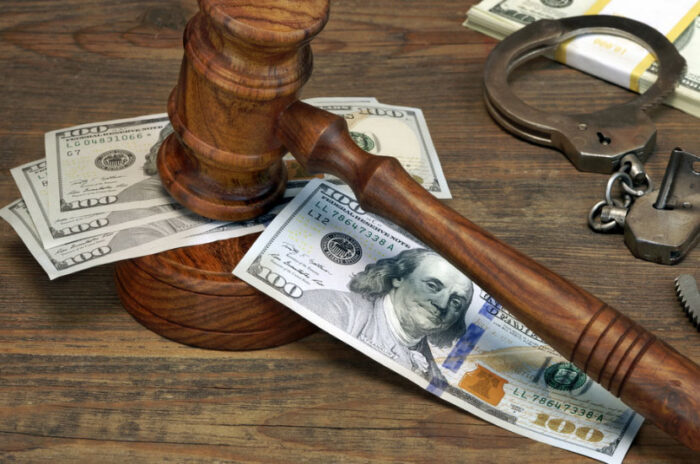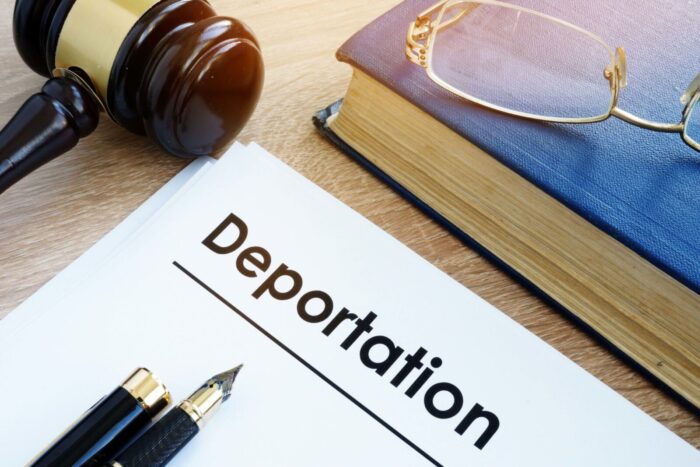
DUI stands for driving under the influence. Drinking and driving is something that every driver should avoid at all costs, but unfortunately, many drivers do it anyway despite knowing the risks and realizing how easy it is to cause an accident when intoxicated. DUI laws vary from state to state, but in most cases, you will be pulled over and arrested for DUI if your blood alcohol content (BAC) is higher than 0.08% (0.08%).
DUI is a grave offense and anyone who gets caught with it can deal with serious legal consequences. No matter what amount of alcohol or drugs you have consumed before or while driving can pose serious dangers. An accident that resulted from DUI can lead to injuries or even death. If you have been arrested for driving under the influence, then it would be a good idea to understand what those consequences can be.
Law firms like Daniel Flores Law handle DUI cases on a daily basis and they know the number of legal punishments you can get into very well. Here are some legal consequences of a DUI arrest:
Penalties and Fines

A person who is driving under the influence of drugs or alcohol, when caught, will deal with many penalties and fines. This is aside from the fees you will have to shoulder if there are damages to the property or injury to other persons involved.
Fines vary widely around the country and can reach as high as $10,000. If you’re convicted on your first DUI arrest, fines are likely to start at about $500 or $1,000. With each subsequent conviction, they’re likely to go up.
Jail

Someone caught driving under the influence of drugs or alcohol can face jail time. The length of imprisonment will depend on the results of the offense. When the DUI offense has resulted in injuries or death, the period of being in jail can be longer.
Most states have mandatory minimum laws, which means that if you’re convicted for a first DUI offense, you’ll be sent to jail for at least 30 days. The longer your record and the greater your BAC level, the more likely a few days or weeks in jail is. In fact, some states have a strict “mandatory minimum” law for anyone who refuses to take a breathalyzer test.
In these states, you’re required to spend at least several days in jail before being able to appeal your case.
Revocation of license
Being charged with DUI proves that you are not a responsible driver. Hence, authorities can revoke your license when proven guilty. They may also prevent you from getting a new license. If the results of the DUI are minor, you may still get a license but with limitations. You can only be permitted to drive to or from work or school.
Some states require drivers with DUI convictions to take a special test prior to getting their license back; this usually involves a computerized vision test that measures how well you can see. Other states require a written knowledge test at the time of license renewal, or even an annual testing requirement that involves a trip to the DMV and paying another fee for your driving privileges.
Release from employment

Getting fired from a job is possible if one has committed a crime, got arrested, or been convicted of DUI. This may be a state law or part of an employment contract. The employer has the right to decide to fire someone who gets into an offense like DUI.
Mandatory alcohol-education classes and testing
Depending on the state in which you live, you may be required to attend alcohol-education classes or testing. Each state has its own system for monitoring offenders and punishing repeat offenders. Most states now have some form of electronic monitoring, which means that if you’re convicted of DUI, there’s a good chance your car will come equipped with an ignition interlock device (IID). This is a breathalyzer hooked directly to your car’s ignition that won’t allow you to start the engine until you prove that you’re not intoxicated.
Deportation

If you are a tourist or do not hold any citizenship, you can be deported if you committed this crime. You can even be banned from visiting the US again.
Alcohol treatment

A convicted person who has committed DUI will have to go through alcohol treatment. This is to get a license again. Some alcohol treatment programs run for three months. The program is not free, and you will have to shoulder the fees. You will be required to finish the program and present your certificate of completion. Without this, you will not be able to obtain a license again.
Vehicle impound
For repeat offenders, vehicles are bound to be impounded. If you’re convicted of DUI, or if you’ve had too many drunk-driving violations, expect your car insurance to go through the roof too. In some states, you may even be required to surrender your license plates and vehicle registration for a period of time. Your driving privileges may also be suspended or revoked. In the most severe cases, you can expect to give up your car altogether if you’re convicted on multiple DUI offenses (or other violations) within a five-year period.
Other crimes related to DUI

You can be arrested for related crimes that have resulted from the DUI offense. This happens when there are injuries or deaths involved.
Accidents are inevitable, but if they occur because of DUI, the offender can face serious legal punishments. Always remember not to drink and drive. Car drivers should take this phrase seriously. Everyone who is operating the steering wheel should keep this rule and the consequences of DUI to heart. It is not just the repercussions that you have to think about; you should also think of the outcome if you get other people or yourself in danger.
To prevent all the injuries and headaches of DUI, the best thing to do is avoid alcohol and other substances that mess with your mind and stay a responsible driver at all times.
















